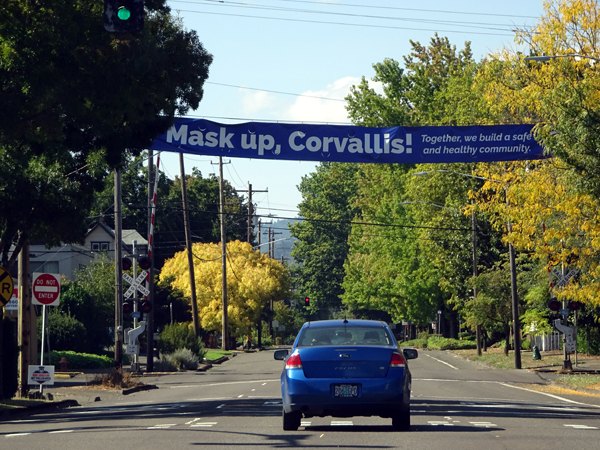
We all make mistakes. It is a strength of open societies is that those mistakes will eventually all be ruthlessly and painstakingly revealed, so that we can effectively correct our course and improve our response to crises. This openness, while revealing all the uncomfortable messiness, may seem like doing open-heart surgery with cameras rolling. But that is not a bad thing. It is the only thing that can eventually reinforce societal trust and the consent of the governed.
The purpose of Democracy is not just to change the leaders by democratic vote. It is the best way human societies have discovered that allows such consent to be created time and again without creating the upheaval that a change of leadership regularly creates in non-democratic societies.
With regards to Coronavirus, there appears no single country that has not made a series of mistakes. Typically, there has been denial – it can’t possibly get here. Then, there’s been hand-wringing about what to do, and quite legitimately so. The current voluntary economic restrictions are painful, and have to be weighed against the consequences of the virus. Some governments and leaders have tried to be both hopeful and admonishing. Still today, no single country’s approach really seems to align well with the others, even if it comes down to counting and attributing cause of death (Did someone die because of CoViD19, or with CoViD19 in in addition to other conditions? How do you measure the specific impact of the virus?). It would certainly have helped to have global guidance on that, but I guess this is what happens.
Sadly, every crisis means that the entire world is a collection of different laboratories independently having to solve a problem, with some collaboration. It would have been helpful if China had been honest and transparent, and if the WHO had been less independent in its judgements. Taiwan knows well what to think of them both. That does not mean we don’t need global coordination either, but it needs to be improved.
Once this crisis is becoming more manageable, it will be the open society approach that will prove to be the only one to tackle such problems in the future. Both democracy and science thrive on open confrontation, on honesty, on transparency. They also thrive on convincing people to opt into the right approach, out of their own capacity for reason, rather than on forcing them to comply. If people are not given the choice to do their part to help, but are forcibly locked indoors, or held against their will in horrible conditions, they will rightfully rebel. But if they are convinced, by reason and science, to do what needs to be done to solve this problem affecting us all, they may just do the right thing quite on their own. Democracy believes in citizens, not subjects, it believes in treating people as grown-ups, not children. It is by far the more sustainable approach. At least I hope it is; I don’t think I would like to live in a world where this would not be so. Wash your hands.

